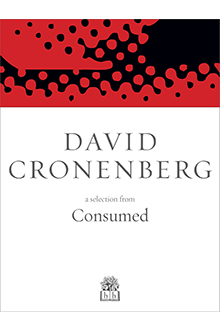A Filmmaker’s Novel Idea
Mostly filmmakers are cocooned in the world of cameras and visuals. They take a pen only to make necessary corrections in the screenplay to be shot. Some geniuses like Kieslowski and Chaplin have written memoirs.
Novelists usually become screenwriters. Masters like William Faulkner, John Steinbeck and Truman Capote have are examples. Others stuck to the medium of novel, though the film adaptations of their novels were getting box office hits. Cormac Mccarthy, whose No Country for Old Man, which won Oscars, Road and other films were successful among critics and in the box office, wrote screenplay only once (for The Counselor, 2013). Novelist Michael Crichton directed Pursuit but had to come back to his true calling, i.e writing. If a filmmaker can claim the laurels for successfully experimenting with writing a novel, while being recognized as one of the best for his craft in film-making, it is David Cronenberg.
Cronenberg’s commitment to the craft of writing is borne out by the fact that he had to set aside some of his film projects during the writing. “I would actually have to leave what I was writing for a year and a half and literally not think about it,” the Denverpost quoted the ace Candian filmmaker as saying.
The book, titled Consumed, is a just a written film so to say. It has all the ingredients of a product from the Cronenberg stable: violence as its theme (though as if Cronberg’s History of Violence the motive is to deconstruct violence using violence in its extreme), an analysis of the inner world reflected in the actions one does. The book would be too creepy for someone who abhors reading about and watching violence (albeit with the purpose of seeing it deconstructed)























Connect
Connect with us on the following social media platforms.